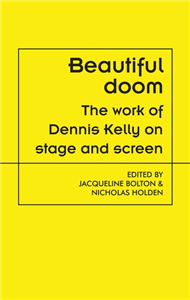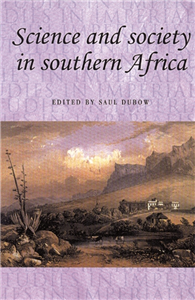Eugen Ulmer Verlag
We handle requests for foreign and domestic publication rights as well as requests concerning permissions to reproduce copyrighted material. Our rights catalogue, presenting new publications, is published twice a year, usually in February and September. If you're interested in receiving a copy regularly, please send us a note at rights@ulmer.de and we'll be happy to include your address in our mailing list. Please don't hesitate to contact us if you have any question or would like to receive review copies of our books.You are welcome to visit our stand and to meet us in person at Frankfurt Bookfair in October and London International Bookfair in April. Apart from these two we regularly attend other fairs abroad like in Warsaw, Tallinn, Istanbul etc.
View Rights Portal





















